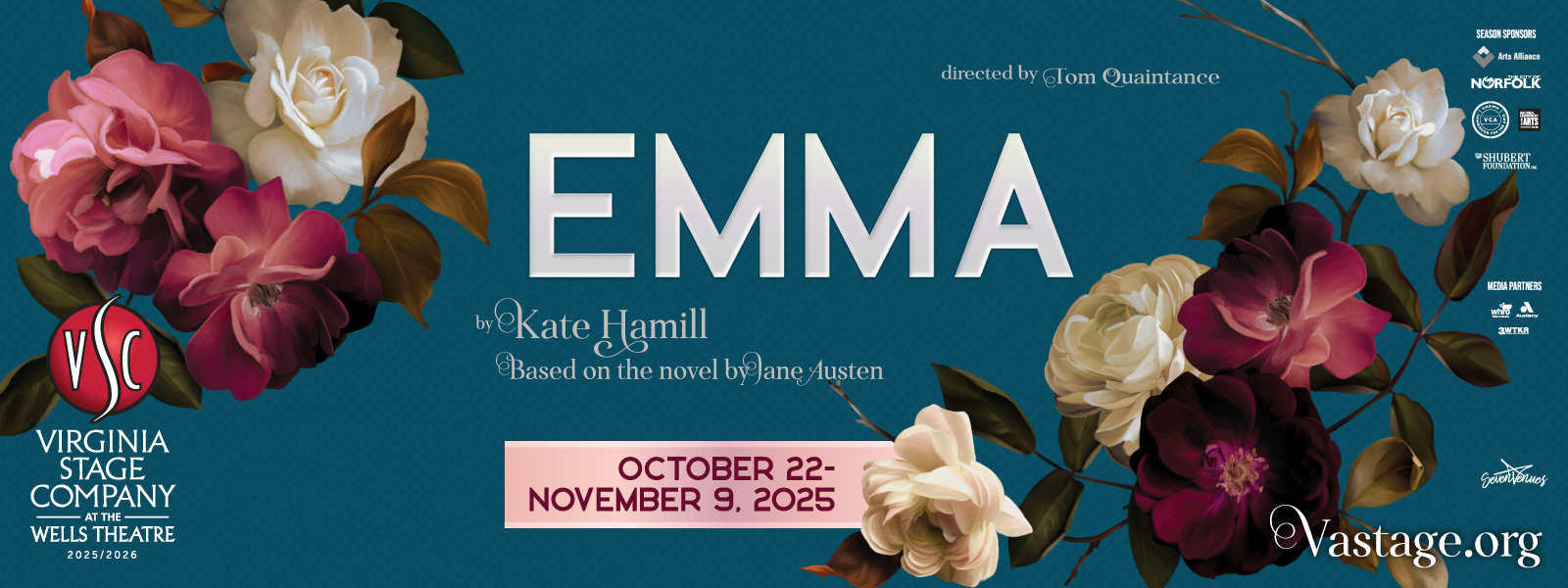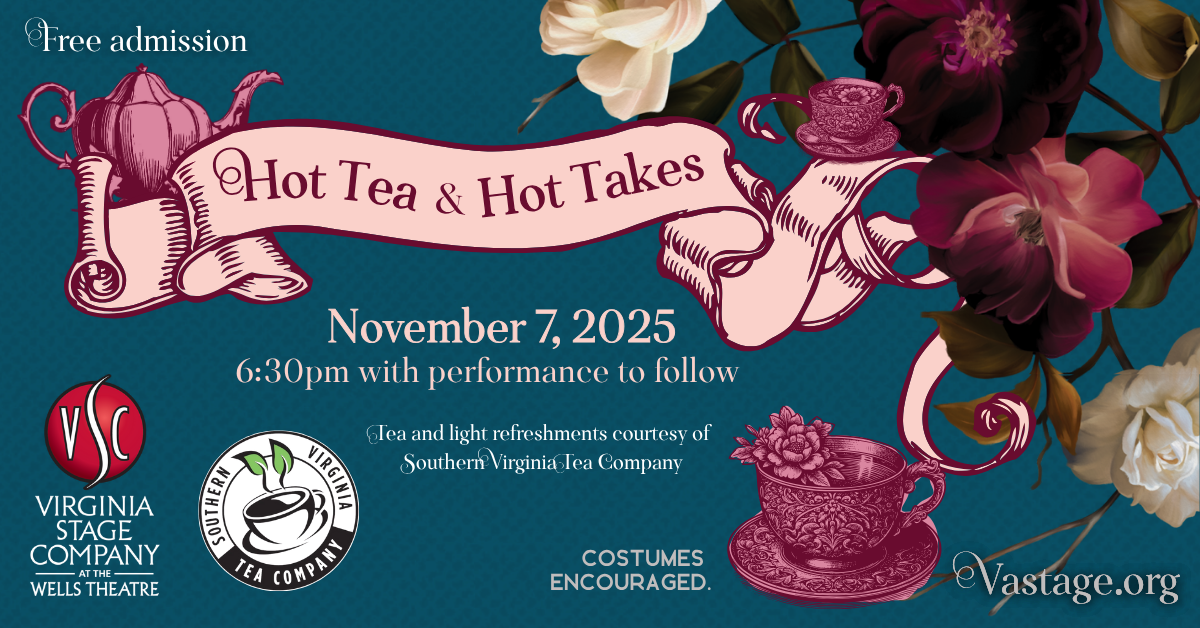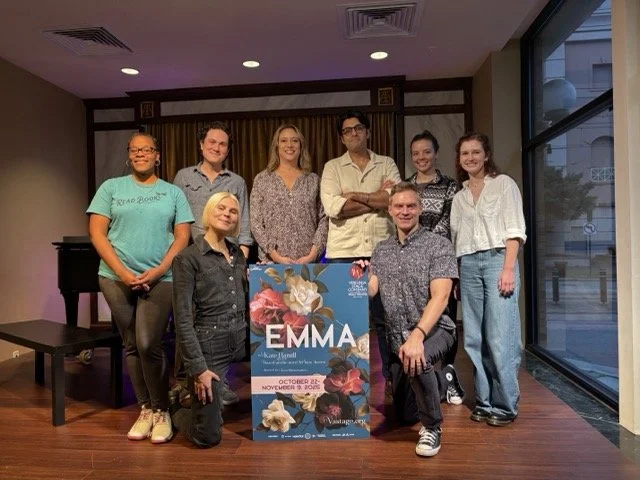Meet Emma Woodhouse: young, clever, rich... and just a little too sure she knows what’s best for everyone else. With her governess happily married (thanks, she’s certain, to her own matchmaking skills), Emma decides her next project will be finding love for her new friend, Harriet Smith. What could possibly go wrong?
Plenty, as it turns out. Despite warnings from her friend and neighbor, Mr. Knightley, Emma dives headfirst into everyone’s romantic business. Soon, her plans for Harriet and the local rector, Mr. Elton, take a disastrous turn. And just when things couldn’t get more complicated, two intriguing newcomers arrive in Highbury: the effortlessly perfect Jane Fairfax and the charming, flirtatious Frank Churchill.
Between misunderstandings, secret crushes, and more than a few bruised egos, Emma starts to realize that love... real love... can’t be plotted out like a game of chess. Sometimes it takes a few mistakes (and one very patient friend) to see what’s been in front of you all along.
In this fresh, funny adaptation by Kate Hamill, Jane Austen’s timeless story gets a clever, contemporary twist. Expect quick wit, bold characters, a dash of chaos, and plenty of heart. Emma may wear a Regency gown, but she has a thoroughly modern spirit. And a knack for learning her lessons the hard way.
So sit back and enjoy the matchmaking mischief, the tangled love stories, and the sparkling humor that make Emma one of literature’s most irresistible heroines.








